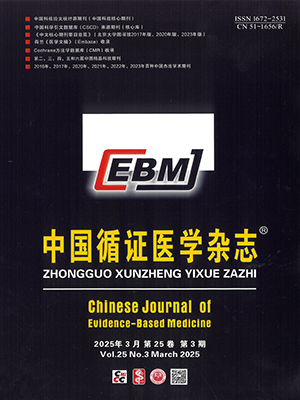Objective To assess the effect of problem-based learning (PBL) versus traditional methods in nursing students.
Methods Computer retrieval was conducted to search for controlled studies comparing PBL and traditional methods. The quality of included studies was critically evaluated and data were analyzed by using The Cochrane Collaboration’s RevMan 5.0 software.
Results A tota1 of 321 articles were retrieved, but only l1 were included. Metaanalyses showed that there was no significant difference between PBL and traditional methods in the objective knowledge of nursing students (SMD 0.12, 95%CI -0.32 to 0.56, P=0.6 gt;0.05); but PBL was superior to traditional methods in the training of critical thinking (WMD 11.52, 95%CI 6.29 to 16.74), conflict resolution skills (WMD 8.09, 95%CI 5.02 to 11.16), clinical problem-solving skills (WMD 0.43, 95%CI 0.22 to 0.64), and communication skills (WMD 1.56, 95%CI 0.17 to 2.95). Although no significant difference was identified in the training of clinical decision-making skills, collaborative skills, and self-directed learning skills, PBL tended to be superior to traditional methods.
Conclusion PBL tends are associated with better learning results among nursing students compared with traditional methods. However, most trials included in the review were of low quality, so large-scale randomized controlled trials of higher quality are needed to confirm this.
Citation: WANG Hong,ZHENG Xianlan,MENG Yuqian. Effect of Problem-based Learning in Nursing Students: A Meta-analysis. Chinese Journal of Evidence-Based Medicine, 2009, 09(1): 93-98. doi: 10.7507/1672-2531.20090019 Copy
Copyright © the editorial department of Chinese Journal of Evidence-Based Medicine of West China Medical Publisher. All rights reserved
-
Previous Article
特发性肺纤维化急性加重的研究进展 -
Next Article
肺扩张治疗研究进展




